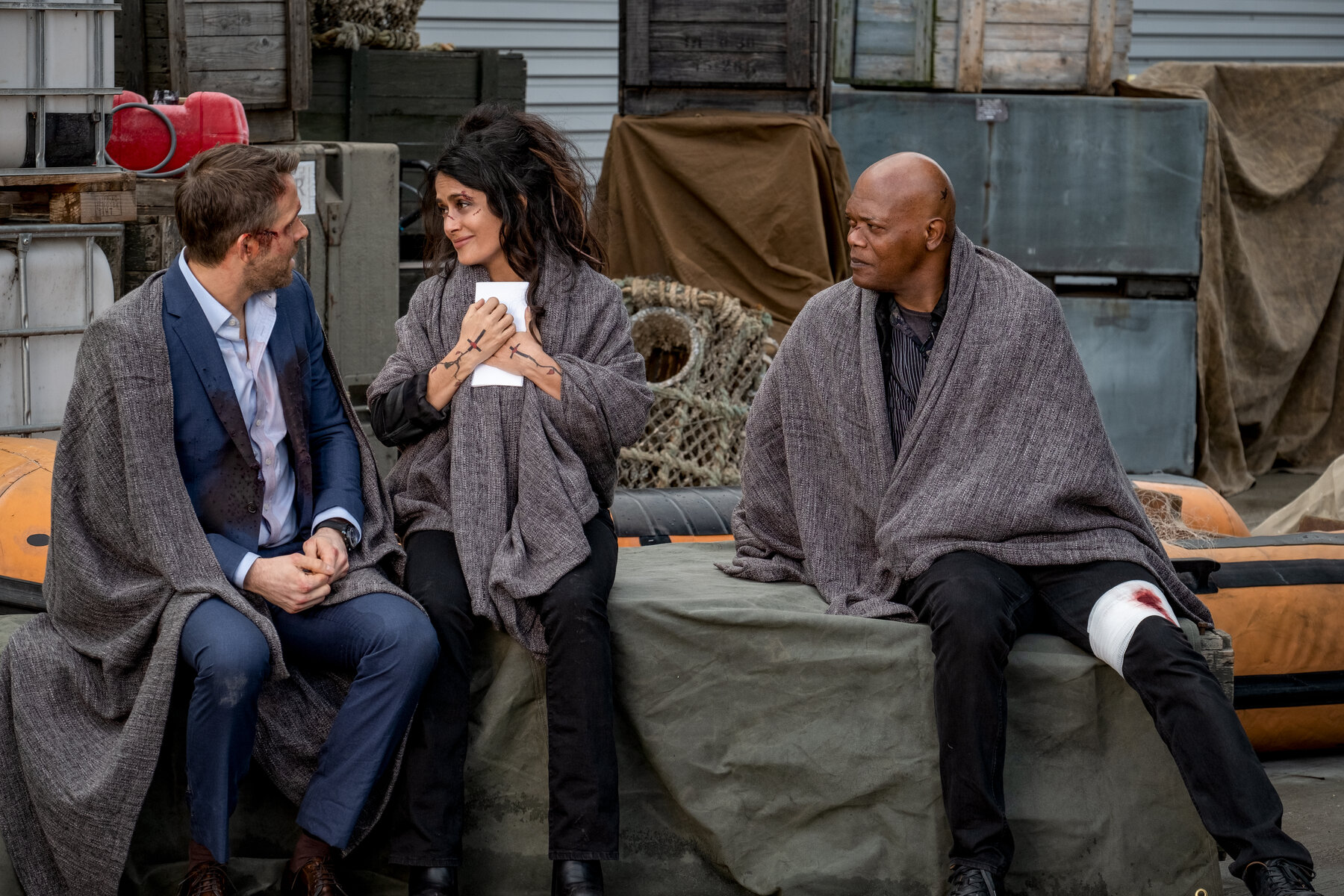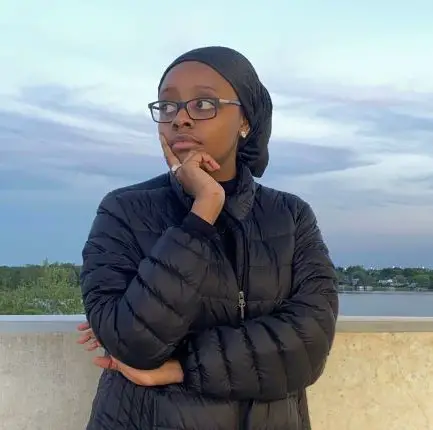Ever since “The Hitman’s Bodyguard” graced our screens back in 2017, fans of the franchise have anticipated the sequel’s arrival. However, when “The Hitman’s Wife’s Bodyguard” hit theaters in June, the highly anticipated film was received with mixed reviews — here’s why.
The Successes of “The Hitman’s Bodyguard”
The action-comedy saga follows the glorious escapades of hitman Darius Kincaid (Samuel L. Jackson) and bodyguard Michael Bryce (Ryan Reynolds). Bryce prides himself as a triple-A-rated executive protection agent, which is another way of saying he serves as a bodyguard to important people. Kincaid, on the other hand, is a spry hitman with the combat skills of someone half his age. The pair’s worlds collide when Kincaid successfully eliminates one of Bryce’s clients, which tarnishes his perfect record.
Bryce falls out of favor until he is employed by Interpol to fetch an incarcerated Kincaid and provide him with a protected escort. Bryce’s task is to safely guide Kincaid to a courthouse in the Netherlands so he can testify against Belarusian dictator Vladislav Dukovich (Gary Oldman) for his crimes against humanity. Kincaid agrees to the terms in exchange for his wife, Sonia Kincaid’s (Salma Hayek), release from jail. Bryce and Kincaid fulfill their mission and form a lifelong bond like that of amicable nemeses.
“The Hitman’s Bodyguard” was, without a doubt, a raving success. The original film’s story had a destination while “The Hitman’s Wife’s Bodyguard,” in contrast, does not. To accomplish this, “The Hitman’s Bodyguard” created deep, well-developed characters with backstories and purpose-driven dialogue.
One particularly compelling storyline is that of Darius Kincaid: As a young man, Kincaid witnessed his father’s murder in the very same church where he preached; he later performed his first hit on the man who killed his father. Kincaid’s background lays the foundation for a redemption arc. Following Kincaid’s revelation, the hitman explains that he “does not kill the innocent” and is able to testify against Dukovich because the dictator wanted to employ him to do just that.
Kincaid is a man with a moral compass despite his track record of carnage and capacity to do harm. The relationship between Bryce and Kincaid seems to be solidified after the bodyguard takes a bullet for him. The film concludes with Bryce being taken to the hospital and Kincaid returning to jail only to escape again so he can spend his anniversary with Sonia. The enemy is defeated, and all seems to be taken care of. It is an ending substantial enough to set up a sequel, but its follow-up went in a direction that was far from logical.
The Failures of “The Hitman’s Wife’s Bodyguard”
For one thing, among others, “The Hitman’s Wife’s Bodyguard” falls short of what the title implies. The hitman’s wife, Sonia Kincaid, is depicted as an international con woman — a fact that was completely left out in “The Hitman’s Bodyguard.” Along with inconsistencies like this in the storyline, the sequence of events is very irregular. The film opens with Bryce experiencing a nightmare brought on by his time with Kincaid. Bryce explains to his therapist that these dreams are incessant and do not allow him to function. He is at a loss because his bodyguarding license is under review and he is unable to do the one thing he is good at — protecting people.
His therapist advises him to take a vacation to Italy, and Bryce complies. Within the first few hours of his stay in Capri, he is interrupted by Sonia requesting his help to find her husband, who has just been taken by the Italian Mafia. Sonia’s appeal is punctuated by gunshots as she exchanges fire with mafiosos. Bryce — “Breece” to her — agrees to help, only to be roped into another Interpol case working to prevent a national catastrophe.
The main antagonist in the sequel is Aristotle Papadolous (Antonio Banderas), a Greek billionaire who plans to set more than half of Europe ablaze with the use of a diamond drill. The plot is the definition of all over the place, and the film thankfully uses comedy to distract its audience from most of its shortcomings.
One of the film’s weak points is the absence of a plot. Picture Italy in July. The skies are bright and free of birds while the chatter of buzzing tourists fills the air. “The Hitman’s Wife’s Bodyguard” provides its audience with these images as well as vineyards, luxurious cuisine and gelato. Coupled with the collapsing bridges, exploding helicopters and never-ending gunshots, the film creates eye-catching and engaging visuals while failing to actually tell a story. It is as though the presence of household names and exhaustive budgets had the producers of the movie rolling with the idea that it would be enough for audiences to appreciate.
Adding to the sequel’s setbacks is the unnecessary reprimand the film is facing for casting Antonio Banderas as Aristotle Papadolous. Out of all the issues with this production, this factor is at the bottom of the list. If people are raising alarm because a fictional character by the name of Aristotle is being played by an actor named Antonio, one could wonder where the sentiment was apropos to the first film. No one questioned why a fictional character by the name of Vladislav was played by an actor named Gary.
There is a lot to laugh at in “The Hitman’s Wife’s Bodyguard,” whether it’s Reynolds frequenting death’s door at the hands of his involuntary partners in crime or Hayek cursing up storms in Spanish while singlehandedly slaughtering a dozen men. The comedic trio of Jackson, Hayek and Reynolds retreat to their comfort zones to make up for the film’s failure to be considered cinema-worthy. What others might describe as loud and lazy or even the raunchy comedy film audiences need right now is really just wasted potential. The franchise could have been so much more if there was a logical correlation between the films. The sequel could have been outstanding if the story was a story.

















